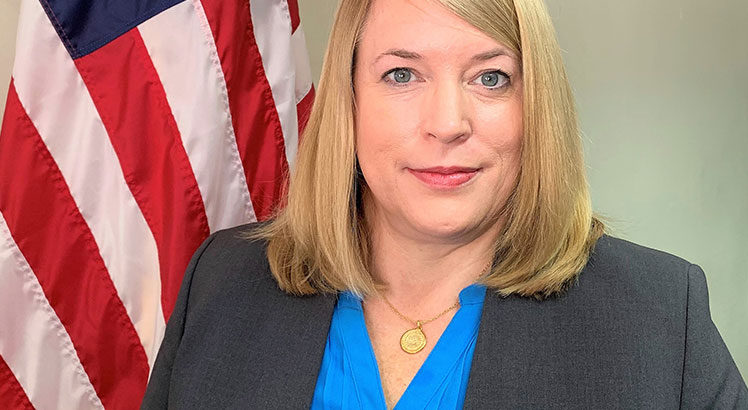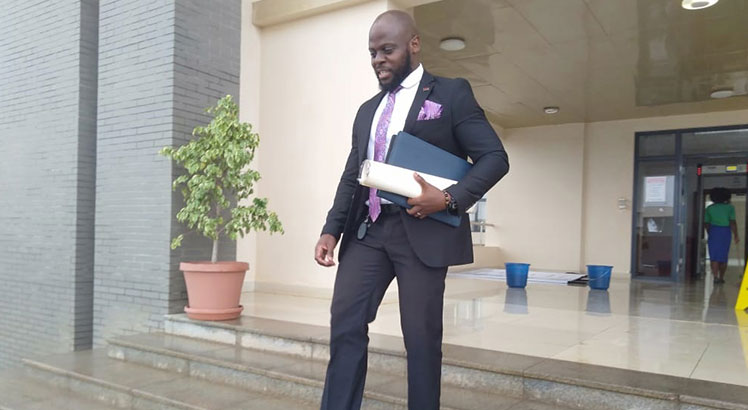K46bn US funding to boost livelihoods
United States of America has released $40 million (about K46.4 billion) to Malawi for a Growth Poles Project that seeks to anchor firms in expanding centres of economic opportunity and boost people’s incomes.
The funding, to be funnelled through United States Agency for International Development (USaid), targets smallholder farmers, youth and women to reach out to approximately 500 000 Malawians to improve food security, increase exports and diversify their income sources.
In a statement yesterday, US Embassy spokesperson Marcus Muhariwa said the project would be implemented through partnerships to also use climate-smart natural resource management in protecting 150 000 hectares from deforestation and soil degradation.
“Through the new project, USaid will team up with key firms in rural areas that serve as engines of economic growth to mobilise responsible business investments and deliver positive benefits for surrounding communities,” he said.

Through the Growth Poles Project, USaid will partner with private sector firms across Malawi with shared interests to advance sustainable and inclusive economic growth.
The statement further quotes USaid Mission director Pamela Fessenden as having said the project would support the Malawi 2063 long-term development vision by accelerating environmentally sustainable, socially inclusive and ensuring economically resilient wealth creation.
She said: “Now more than ever, Malawi needs new drivers of growth to jumpstart economic recovery and bolster employment opportunities for a rapidly growing, youthful population, which can only be achieved through a thriving and inclusive private sector.”
Meanwhile, Fessenden is expected to travel to Blantyre, Chikwawa, Thyolo and Mulanje this week to meet with USaid’s private sector partners, including Illovo Sugar (Malawi) plc, Phata Sugarcane Cooperative, Satemwa, Lujeri Tea Estate and Sukambizi Association Trust.
She is also expected to meet young entrepreneurs, micro, small, and medium enterprises that are supported by USaid through several interventions.





